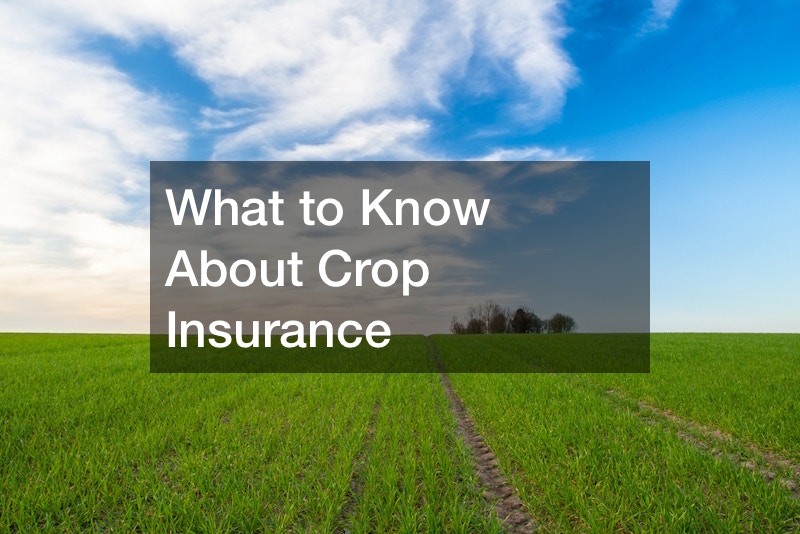
Crop insurance plans are valuable for farmers to mitigate the financial risks associated with crop losses due to unpredictable events.
Crop insurance provides protection against various perils that can damage or destroy crops, such as drought, hail, floods, pests, and diseases. It helps farmers recover a portion of their losses, ensuring financial stability.
The coverage may differ depending on the policy.
Yield-based policies compensate farmers based on the actual production loss, while revenue-based policies consider both the yield and the crop prices.
Farmers typically pay premiums for crop insurance plans, a fraction of the insured value. The premiums can vary based on factors such as the crop type, coverage level, and historical yields. Additionally, crop insurance programs often receive subsidies from the government, making it more affordable for farmers to obtain coverage.
Farmers can work with insurance agents who specialize in crop insurance to navigate the enrollment process. These agents help farmers understand the available options, assess their risks, and select the most suitable coverage. Farmers must enroll in the insurance program before the applicable deadlines, which are usually tied to planting seasons.
In case of crop damage or loss, farmers must promptly report the loss to their insurance provider and file a claim. The insurance firm will assess the damage and determine the extent of the loss. Farmers should keep accurate records of their crop production and cooperate fully during the claims process to ensure a fair settlement.
.


